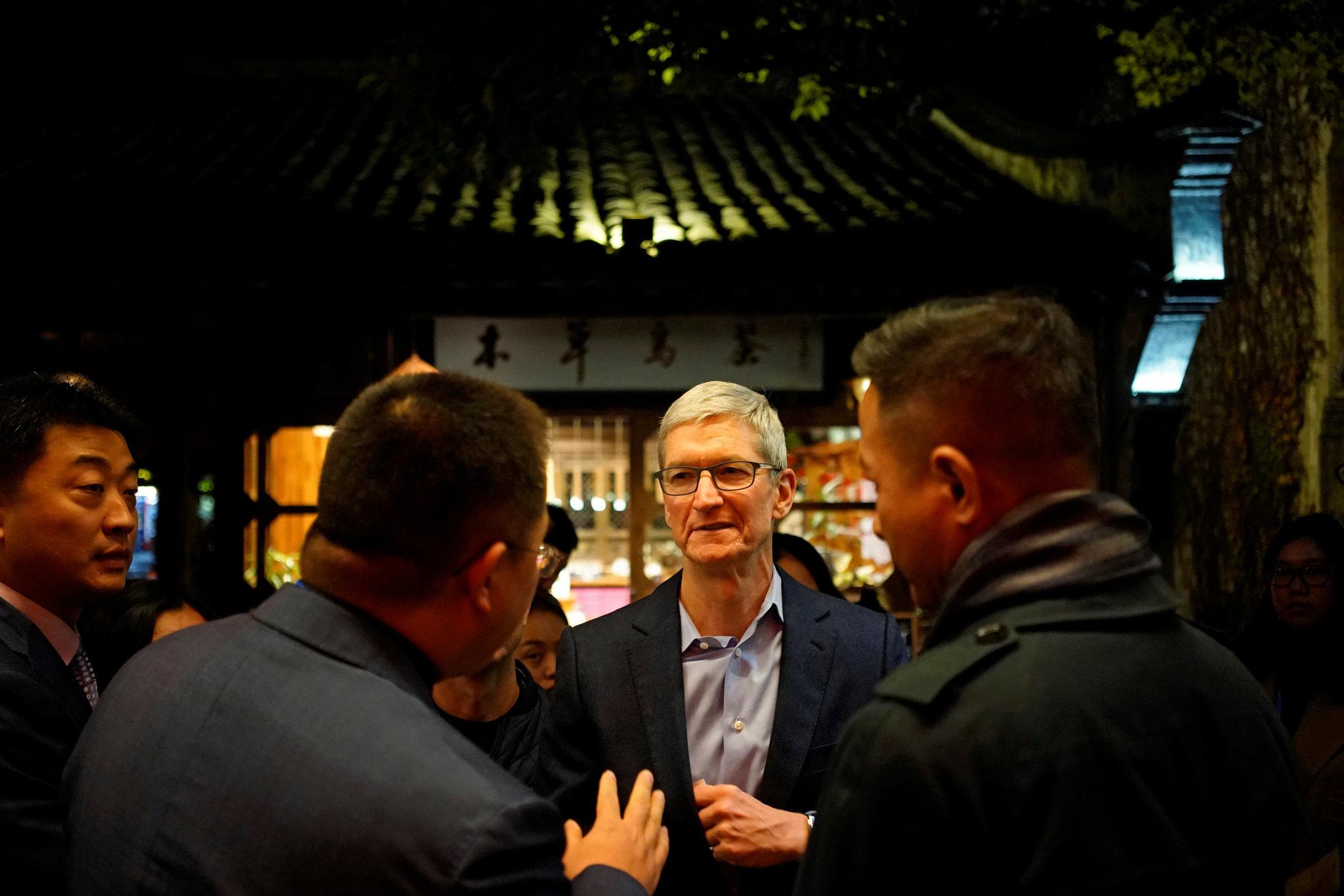
By assembling iPhones in China, Apple has been able to tap into the country’s vast workforce and massive manufacturing capabilities. In doing so, the company’s most profitable product is also considered an export. That distinction could soon place iPhone in the center of the ever-growing U.S.-China trade fight, according to The Wall Street Journal.
By being “Designed by Apple in California. Assembled in China,” Apple has exposed many of its products not just to U.S. tariffs, but also to those from China if that country decides to retaliate by squeezing its sales.
So far, iPhone and other Apple products have avoided tariffs against China implemented by the Trump administration. Through three rounds of levies totaling $250 billion announced and imposed, smartphones haven’t been identified as a target. Unfortunately, the administration is now threatening a new series of tariffs that could add another $500 billion to the mix.
Trade experts say this round could cover just about everything China ships to the U.S., including iPhones. Last year, the U.S. imported $45 billion in goods from China. By contrast, China imports about $130 billion in products annually from the U.S.
Because China can’t match the U.S. regarding the tariffs it can levy, the country could hit American companies with higher duties and punitive actions. In other words, Apple could be hit by both sides of the trade dispute. China could also target Apple’s 40 retail stores in the country as well as sales in the online App Store, which is considered the world’s largest.
Earlier this year, Apple CEO Tim Cook said that tariffs weren’t the right way to go. Since then, Apple has been engaging the administration on the issue. As Dean Garfield, president of the Information Technology Industry Council, of which Apple is a member, explains:
They’re working to engage the administration to make sure there aren’t unintended consequences both here in the United States and in China.
Hopefully, both sides will get together soon and resolve this issue. Even if they don’t, it could be months before Apple products are hit with tariffs.
How much more would you be willing to pay for an iPhone due to levies?